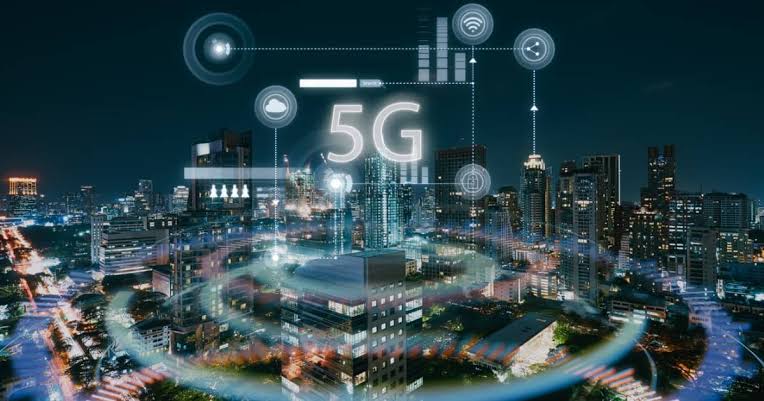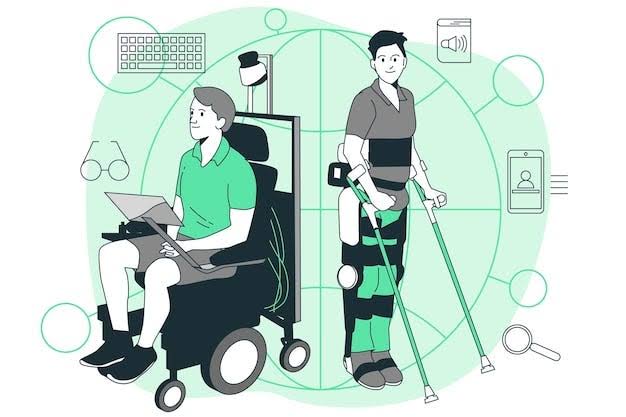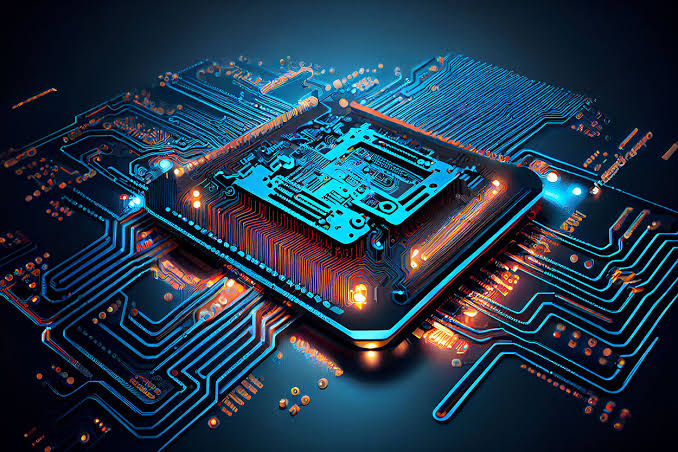The emergence of 5G technology is transforming the way cities function, paving the way for smarter, more efficient urban environments. Smart cities rely on interconnected systems, IoT devices, real-time data, and automation to enhance urban living. As of 2025, 5G is a crucial enabler of this vision, providing ultra-fast connectivity, low latency, and reliable network performance. By powering smart infrastructure, transportation, energy management, and public services, 5G accelerates the development of cities designed to improve quality of life, sustainability, and economic growth.
The Role of 5G in Smart Cities
5G technology represents the fifth generation of wireless networks, delivering speeds up to 100 times faster than 4G, with the ability to connect massive numbers of devices simultaneously. This capacity is vital for smart cities, where sensors, cameras, autonomous vehicles, and public systems depend on continuous communication and instant data processing.
Key features of 5G that support smart city development include:
- High Data Speeds: Enables real-time transmission of large amounts of data.
- Ultra-Low Latency: Supports applications requiring instant response, such as traffic management and autonomous driving.
- Massive Device Connectivity: Accommodates the growing number of IoT devices in urban environments.
- Enhanced Reliability: Reduces service interruptions for critical infrastructure and public safety systems.
Smart Infrastructure and Urban Planning
5G allows smart cities to develop and manage infrastructure more efficiently:
- Real-Time Monitoring: Sensors in bridges, roads, and public utilities provide data for predictive maintenance.
- Smart Lighting Systems: Streetlights automatically adjust brightness based on movement and weather, reducing energy use.
- Urban Analytics: Planners can use real-time data to design sustainable and responsive urban spaces.
This level of connectivity reduces operational costs and improves city resilience.
Transportation and Mobility Solutions
One of the most significant impacts of 5G is on smart transportation and mobility systems:
- Autonomous Vehicles: Low-latency 5G networks enable self-driving cars to communicate with other vehicles and traffic systems instantly.
- Smart Traffic Management: Connected sensors and cameras help reduce congestion by optimizing traffic flow in real time.
- Public Transit Integration: 5G supports apps that provide accurate schedules, route updates, and smart ticketing systems.
- Drone Delivery and Logistics: High-speed networks allow drones to operate efficiently for goods delivery and infrastructure inspection.
Improved transportation systems reduce carbon emissions, travel time, and traffic-related accidents.
Energy Management and Sustainability
Sustainability is a core goal of smart cities, and 5G accelerates the adoption of eco-friendly solutions:
- Smart Grids: 5G connects energy systems, enabling real-time demand response and efficient electricity distribution.
- Renewable Energy Optimization: Solar and wind energy systems can be better managed through connected sensors and analytics.
- Waste and Water Management: IoT-enabled devices monitor resource consumption and detect leaks or inefficiencies instantly.
By enabling precise monitoring and automation, 5G supports sustainable urban development.
Public Safety and Emergency Services
Fast and reliable communication is essential for protecting citizens in a smart city:
- Connected Surveillance Systems: High-definition cameras and AI analytics help monitor public areas for crime prevention.
- Emergency Response Coordination: 5G networks improve communication between police, fire, and medical teams during crises.
- Disaster Management: Real-time data from sensors can detect floods, earthquakes, or fires and trigger rapid response actions.
This connectivity strengthens urban resilience and enhances overall safety.
Smart Healthcare and Citizen Services
5G brings significant improvements to healthcare and city services:
- Remote Healthcare and Telemedicine: Patients can receive real-time virtual consultations and remote monitoring.
- Wearable Health Devices: IoT-enabled devices collect data and transmit it instantly to medical providers.
- Smart Government Services: Digital kiosks and mobile apps allow residents to access services and report issues seamlessly.
These advancements improve citizens’ quality of life while reducing the strain on public institutions.
Challenges of 5G in Smart Cities
While 5G offers immense benefits, some challenges remain:
- Infrastructure Costs: Deploying 5G networks requires significant investment in base stations and fiber connections.
- Cybersecurity Risks: More connected devices increase the risk of hacking and data breaches.
- Data Privacy Concerns: Extensive monitoring and surveillance raise ethical considerations.
- Digital Divide: Unequal access to 5G networks may leave some communities behind.
Addressing these challenges is critical to achieving equitable and secure smart city development.
The Future of 5G and Smart Cities
As 5G networks mature, smart cities will see further advancements in automation, sustainability, and citizen engagement. Emerging trends include:
- Integration with AI and Machine Learning: Enhances predictive maintenance, urban planning, and traffic control.
- Edge Computing Deployment: Reduces latency by processing data closer to the source.
- Expansion of IoT Ecosystems: More devices will be connected, from smart homes to industrial applications.
- Enhanced Urban Sustainability Goals: 5G will support the development of carbon-neutral cities with efficient energy and waste systems.
Conclusion
The impact of 5G on smart cities development is transformative, enabling faster, safer, and more efficient urban living. By powering smart infrastructure, mobility, energy management, and public services, 5G networks lay the foundation for sustainable and connected cities of the future. While challenges like security and infrastructure costs persist, the benefits of 5G adoption will continue to shape urban environments, making them more resilient, inclusive, and technologically advanced.




The impact of 5G on smart cities development is transformative, enabling faster, safer, and more efficient urban living. By powering smart infrastructure, mobility, energy management, and public services, 5G networks lay the foundation for sustainable and connected cities of the future. While challenges like security and infrastructure costs persist, the benefits of 5G adoption will continue to shape urban environments, making them more resilient, inclusive, and technologically advanced.
I wish developing countries could relate